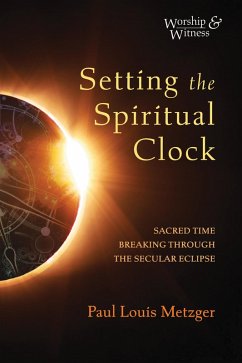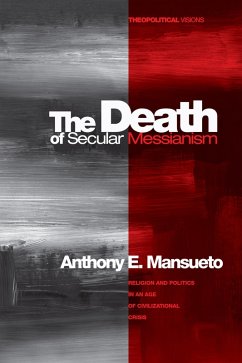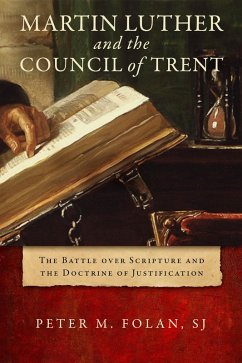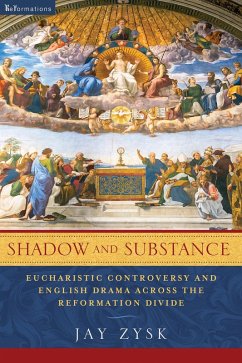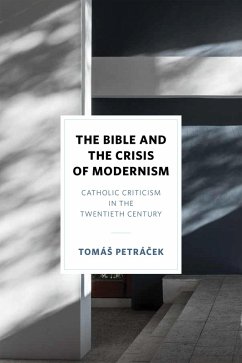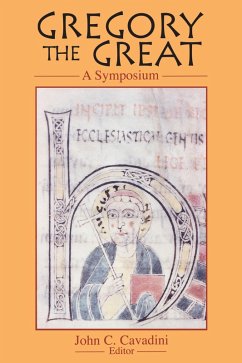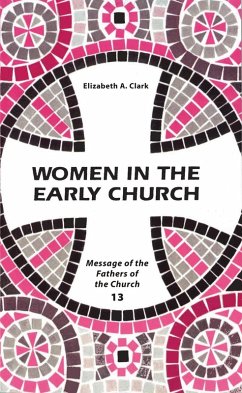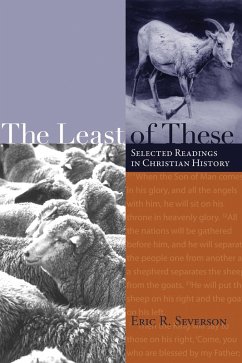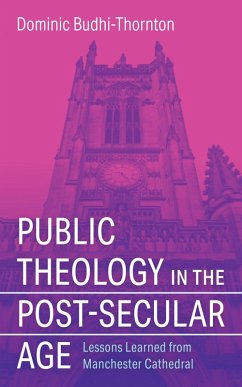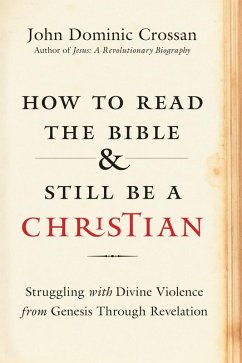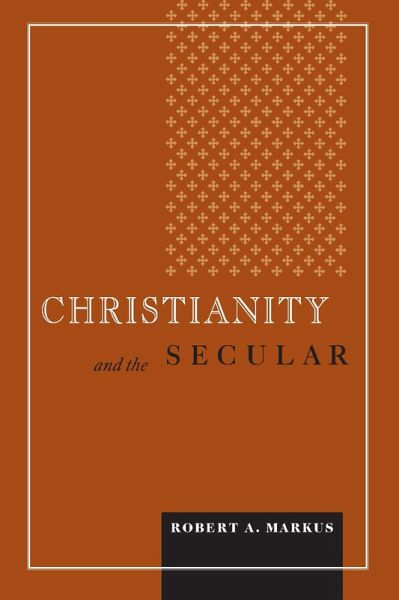
Christianity and the Secular (eBook, ePUB)

PAYBACK Punkte
6 °P sammeln!
The history of Christianity has been marked by tension between ideas of sacred and secular, their shifting balance, and their conflict. In Christianity and the Secular, Robert A. Markus examines the place of the secular in Christianity, locating the origins of the concept in the New Testament and early Christianity and describing its emergence as a problem for Christianity following the recognition of Christianity as an established religion, then the officially enforced religion, of the Roman Empire.Markus focuses especially on the new conditions engendered by the Christianization of the Roman...
The history of Christianity has been marked by tension between ideas of sacred and secular, their shifting balance, and their conflict. In Christianity and the Secular, Robert A. Markus examines the place of the secular in Christianity, locating the origins of the concept in the New Testament and early Christianity and describing its emergence as a problem for Christianity following the recognition of Christianity as an established religion, then the officially enforced religion, of the Roman Empire.
Markus focuses especially on the new conditions engendered by the Christianization of the Roman Empire. In the period between the apostolic age and Constantine, the problem of the relation between Christianity and secular society and culture was suppressed for the faithful; Christians saw themselves as sharply distinct in, if not separate from, the society of their non-Christian fellows. Markus argues that when the autonomy of the secular realm came under threat in the Christianised Roman Empire after Constantine, Christians were forced to confront the problem of adjusting themselves to the culture and society of the new regime.
Markus identifies Augustine of Hippo as the outstanding critic of the ideology of a Christian empire that had developed by the end of the fourth century and in the time of the Theodosian emperors, and as the principal defender of a place for the secular within a Christian interpretation of the world and of history. Markus traces the eclipse of this idea at the end of antiquity and during the Christian Middle Ages, concluding with its rehabilitation by Pope John XXIII and the second Vatican Council. Of interest to scholars of religion, theology, and patristics, Markus's genealogy of an authentic Christian concept of the secular is sure to generate widespread discussion.
Markus focuses especially on the new conditions engendered by the Christianization of the Roman Empire. In the period between the apostolic age and Constantine, the problem of the relation between Christianity and secular society and culture was suppressed for the faithful; Christians saw themselves as sharply distinct in, if not separate from, the society of their non-Christian fellows. Markus argues that when the autonomy of the secular realm came under threat in the Christianised Roman Empire after Constantine, Christians were forced to confront the problem of adjusting themselves to the culture and society of the new regime.
Markus identifies Augustine of Hippo as the outstanding critic of the ideology of a Christian empire that had developed by the end of the fourth century and in the time of the Theodosian emperors, and as the principal defender of a place for the secular within a Christian interpretation of the world and of history. Markus traces the eclipse of this idea at the end of antiquity and during the Christian Middle Ages, concluding with its rehabilitation by Pope John XXIII and the second Vatican Council. Of interest to scholars of religion, theology, and patristics, Markus's genealogy of an authentic Christian concept of the secular is sure to generate widespread discussion.
Dieser Download kann aus rechtlichen Gründen nur mit Rechnungsadresse in A, D ausgeliefert werden.




